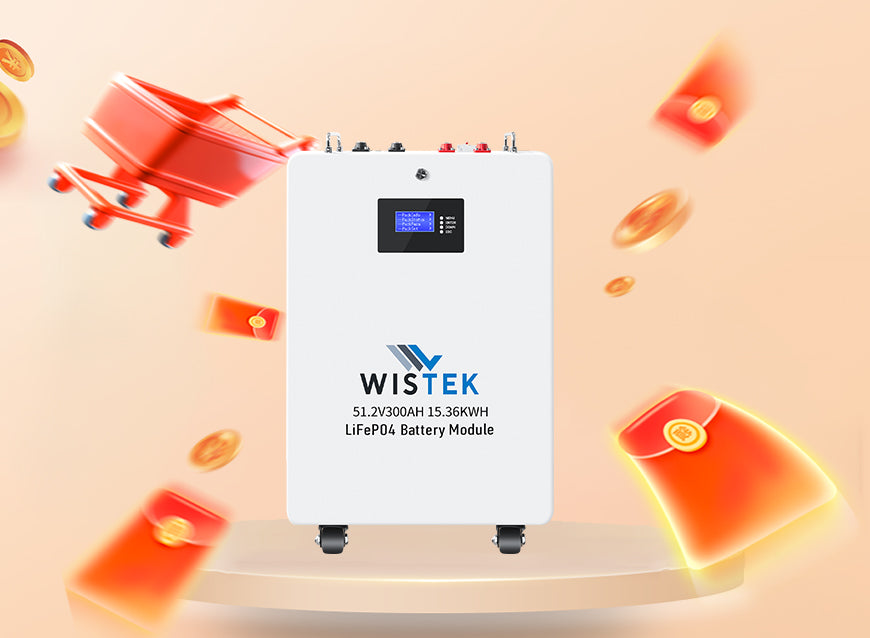What Is the Average Lifespan of a Solar Battery
The lifespan of a solar battery is one of the most important factors to consider when investing in solar energy. On average, most solar batteries last between 5 to 15 years. However, this can vary depending on various factors, including the type of battery, how it is used, and the environment it is placed in.
Types of Solar Batteries and Their Lifespan
There are several types of solar batteries available on the market today, and each has its own expected lifespan. The most common types include lithium-ion, lead-acid, and saltwater batteries. Let’s take a closer look at each type and its average lifespan.
- Factors Affecting Solar Battery Lifespan
- Maintenance Tips for Extending Solar Battery Lifespan
- How Long Will My Solar Battery Last?
- Lithium-Ion Batteries: These are the most popular choice for solar storage today, and for good reason. Lithium-ion batteries typically last between 10 to 15 years. They are known for their efficiency, longer lifespan, and ability to handle deep cycles without degrading too quickly.
- Lead-Acid Batteries: Lead-acid batteries, while cheaper, tend to have a shorter lifespan of 3 to 5 years. They are less efficient than lithium-ion batteries and require more maintenance.
- Saltwater Batteries: A newer technology, saltwater batteries tend to have a lifespan of around 7 to 10 years, but they are less common and may not be as readily available as the other two options.
Factors Affecting Solar Battery Lifespan
Several factors can affect how long your solar battery lasts. Understanding these factors can help you make better decisions regarding the care and maintenance of your solar system.
Charge Cycles
One of the most important factors in determining the lifespan of a solar battery is the number of charge cycles it undergoes. A charge cycle refers to a full discharge and recharge of the battery. Most batteries are rated for a specific number of cycles, and the more cycles a battery goes through, the shorter its lifespan will be. For example, a typical lithium-ion battery may last around 5,000 cycles, whereas a lead-acid battery may only last about 1,000 cycles.
Temperature and Environmental Conditions
The temperature at which a solar battery operates can significantly impact its lifespan. Extreme temperatures, both hot and cold, can cause damage to the battery’s internal components. Excessive heat can lead to the breakdown of the battery’s chemistry, while extreme cold can slow down its performance. Installing your solar battery in a temperature-controlled environment can help extend its lifespan.
Depth of Discharge (DoD)
The depth of discharge refers to how much of the battery’s capacity is used before it is recharged. A high depth of discharge (i.e., draining the battery to a lower percentage before recharging) can reduce the number of charge cycles the battery can handle. Conversely, keeping the battery’s discharge depth low by recharging it more frequently can prolong its lifespan.
>>See also Understanding The Lifespan Of LiFePO4 Batteries
Maintenance Tips for Extending Solar Battery Lifespan
Proper maintenance is essential to ensuring that your solar battery lasts as long as possible. While solar batteries generally require little maintenance, here are some steps you can take to increase their longevity:
Regularly Monitor Battery Health
Monitoring your battery’s health is one of the simplest ways to ensure its longevity. Many solar energy systems come with monitoring tools that allow you to track the performance of your battery. Keep an eye on the battery’s charge cycles and temperature levels. If your battery is not performing as expected, it may be time to take action.
Install Your Solar Battery in an Optimal Location
As mentioned earlier, the temperature can have a significant impact on the lifespan of your battery. When installing your solar battery, try to place it in a cool, dry location, ideally away from direct sunlight. Avoid placing your battery in hot or humid areas, as this can accelerate degradation.
Ensure Proper Sizing of Battery
Properly sizing your solar battery is another key aspect of maximizing its lifespan. A battery that is too large or too small for your solar system may undergo more cycles than necessary, leading to unnecessary wear and tear. Work with a professional to ensure that your solar battery is the right size for your energy needs.
How Long Will My Solar Battery Last?
While the average lifespan of a solar battery is between 5 to 15 years, it ultimately depends on a combination of factors. If you properly maintain your battery and install it in an optimal location, you may be able to enjoy a battery lifespan on the longer end of the spectrum.
Warranty and Replacement
Most solar batteries come with a warranty, which typically lasts for 5 to 10 years. During this period, the manufacturer will replace the battery if it fails due to a defect. However, it’s important to note that warranties often don’t cover issues related to improper maintenance or environmental conditions.
To summarize, the lifespan of a solar battery is influenced by several factors, including the type of battery, charge cycles, temperature, and maintenance practices. By choosing the right battery for your needs and ensuring proper care, you can extend the lifespan of your solar battery and maximize your investment in solar energy.
If you’re planning to invest in solar energy, understanding the average lifespan of a solar battery and how to care for it is essential. Properly maintaining your solar battery can help you enjoy reliable, sustainable energy for many years to come.

























Leave a comment
All blog comments are checked prior to publishing